Universities Australia (UA) has again called on the Albanese government to invest in research fund Horizon Europe amid growing uncertainty from the United States.
Please login below to view content or subscribe now.
Membership Login
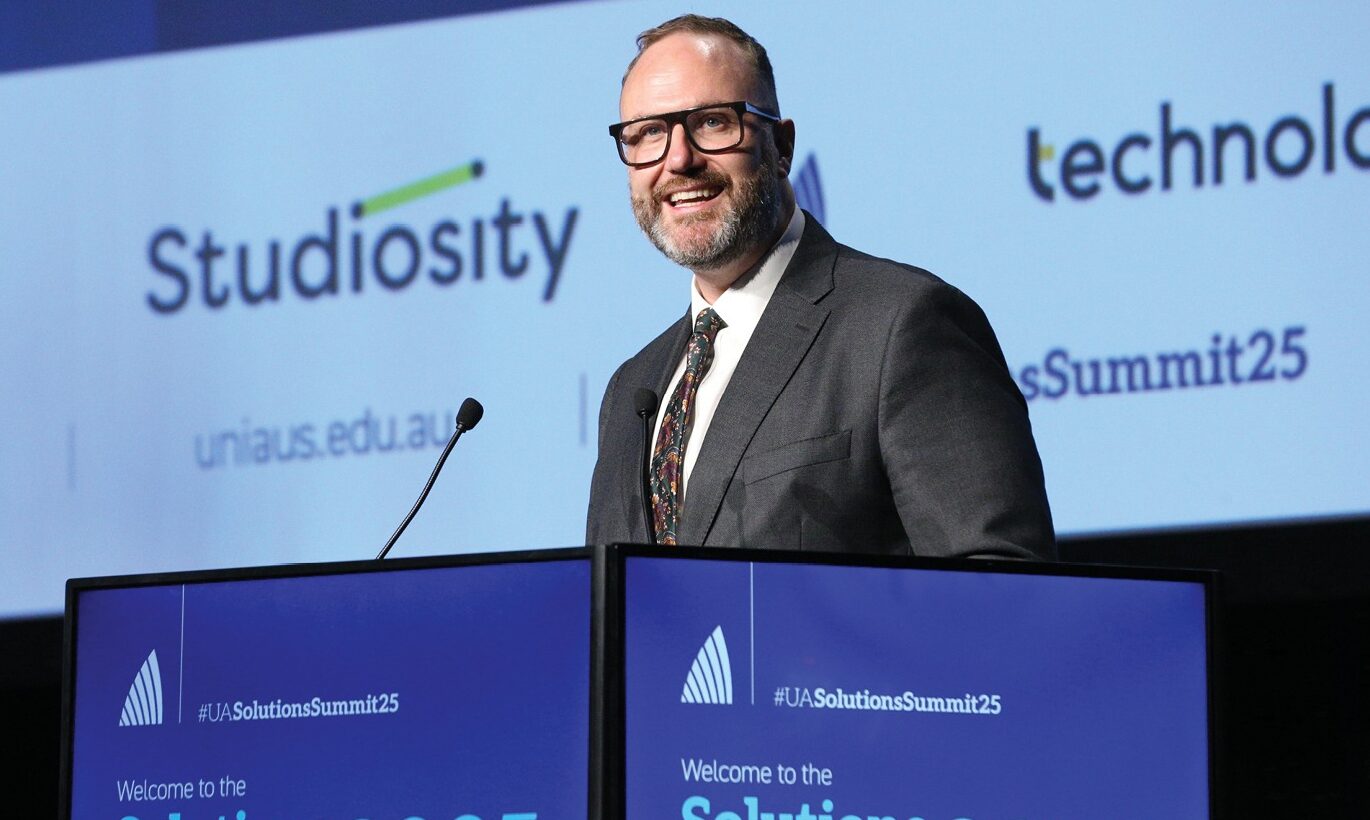
Universities Australia (UA) has again called on the Albanese government to invest in research fund Horizon Europe amid growing uncertainty from the United States.
Please login below to view content or subscribe now.
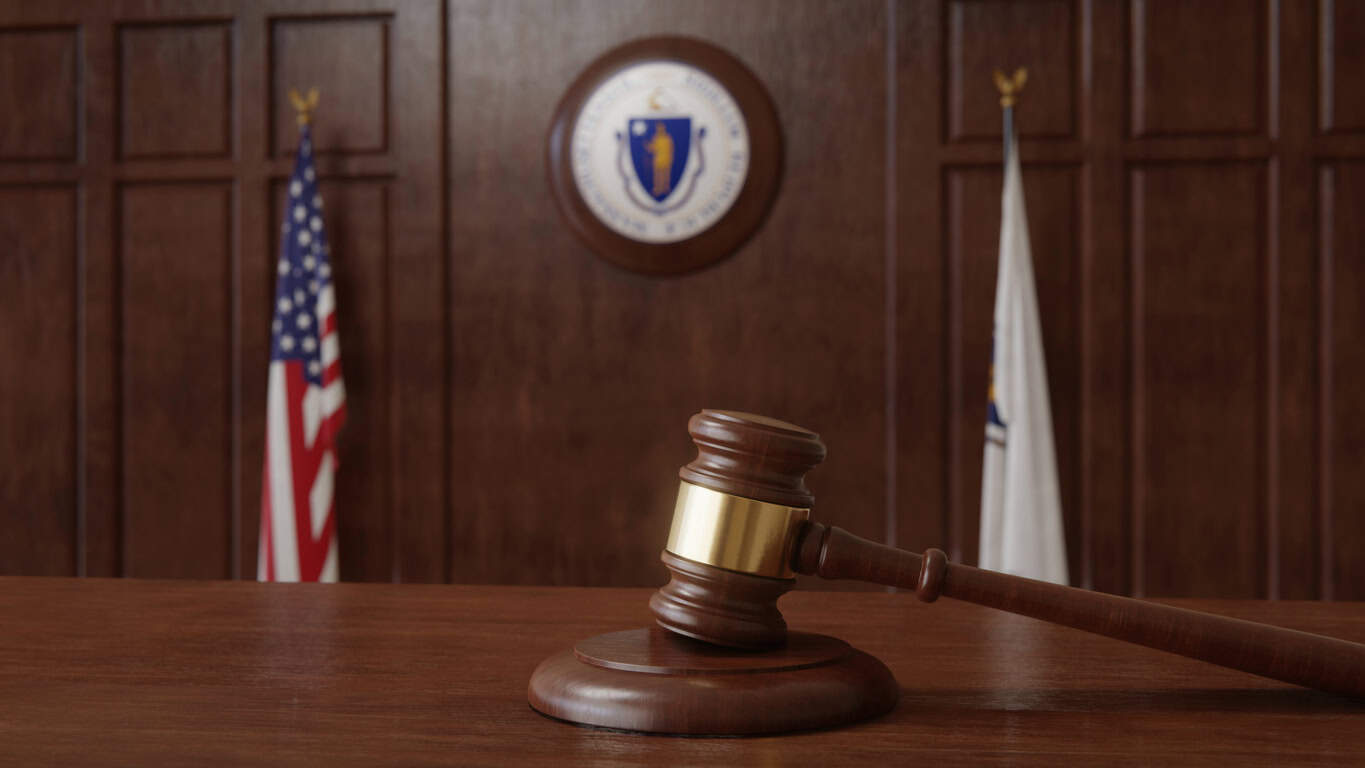
The temporary restraining order (TRO) was issued by federal judge Allison Burroughs on June 5, just one day after President Trump’s signing of a proclamation to suspend the issuing of US visas to international students entering Harvard for an initial six months.
During the Massachusetts hearing, Burroughs said Trump’s directive would cause “immediate and irreparable injury” to America’s oldest institution, temporarily blocking it “until there is opportunity to hear from all parties”.
The judge also extended a 23 May restraining order which prevents DHS’s attempt to strip Harvard of its ability to enrol international students, until June 20 or when a preliminary injunction is issued, with a hearing set for June 16.
The June 4 proclamation came in addition to, and aims to circumvent, DHS secretary Kristi Noem’s revocation of Harvard’s SEVP certification, which was also blocked by the courts.
Wednesday’s directive – which incorrectly refers to SEVP as the “Student and Exchange Visa Program” – attempts to bar all new international students, scholars and exchange visitors from pursuing any course of study at the university, for a period of six months.
With the stroke of a pen, the DHS Secretary and the President have sought to erase a quarter of Harvard’s student body
Harvard University
This time, the government framed the ban as a matter of national security, accusing Harvard of collaborating with China. It has repeatedly criticised the institution for failing to root out antisemitism on campus and failing to hand over information on international students.
For its part, hours before judge Burroughs’ ruling, Harvard amended a previous lawsuit, alleging both the June 4 proclamation and the DHS revocation were “part of a concerted and escalating campaign of retaliation by the government” in clear retribution for Harvard’s exercising its First Amendment rights to free speech.
“With the stroke of a pen, the DHS Secretary and the President have sought to erase a quarter of Harvard’s student body,” it reads, in what the complaint calls a “government vendetta against Harvard”.
Last year, Harvard hosted 6,793 international students, totalling over 27% of the entire student body, though Trump has mistakenly called the figure 31%.
Meanwhile, on June 5, Harvard’s President Garber sent a letter to the Harvard community, informing students that “contingency plans” were being drawn up to allow students to continue their studies during the summer and the upcoming academic year.
Reaffirming the “outstanding contributions” of international students, Garber vowed to “celebrate them, support them, and defend their interests as we continue to assert our Constitutional rights”.
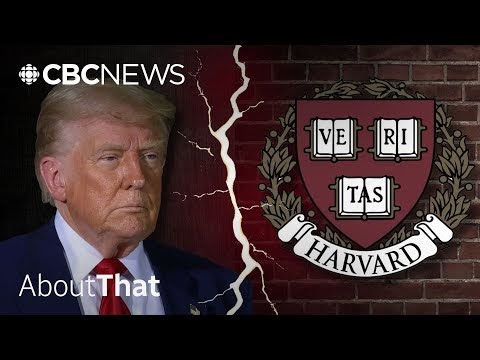
Since February 2007, International Higher Education Consulting Blog has provided timely news and informational pieces, predominately from a U.S. perspective, that are of interest to both the international education and public diplomacy communities. From time to time, International Higher Education Consulting Blog will post thought provoking pieces to challenge readers and to encourage comment and professional dialogue.
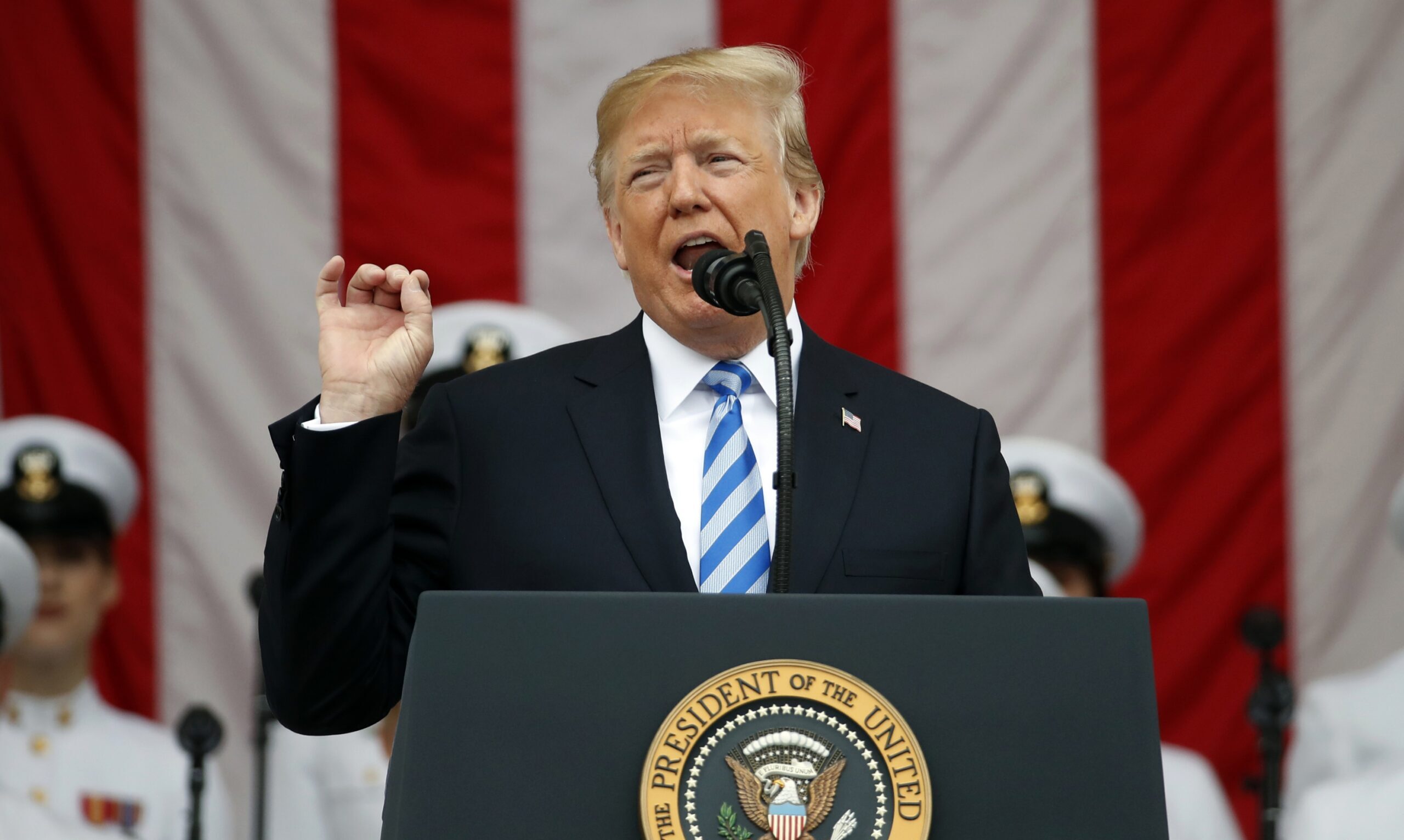
A federal judge in Boston on May 23, 2025, temporarily blocked a Trump administration order that would have revoked Harvard University’s authorisation to enroll international students.
Please login below to view content or subscribe now.

As per a statement released by Kristi Noem, US homeland security secretary, Harvard’s Student and Exchange Visitor Program (SEVP) certification has been revoked because of their “failure to adhere to the law.”
“As a result of your refusal to comply with multiple requests to provide the Department of Homeland Security pertinent information while perpetuating an unsafe campus environment that is hostile to Jewish students, promotes pro-Hamas sympathies, and employs racist “diversity, equity, and inclusion” policies, you have lost this privilege,” read the letter by Noem to Harvard University, shared on X, formerly Twitter.
“The revocation of your Student and Exchange Visitor Program certification means that Harvard is prohibited from having any aliens on F- or J- nonimmigrant status for the 2025-2026 academic school year.”
Students set to join Harvard this year are now relying on the institution to take urgent action to keep their dreams of studying at the Ivy League institution alive.
“I already had to defer my intake from last year to this year due to lack of funds. Deferring again just isn’t an option for me,” stated Pravin Deshmukh, an incoming student at Harvard’s Graduate School of Education.
“We’re hoping the university can find some form of solution and keep us updated on what’s happening. Harvard has been very proactive over the past few weeks. They’ve reassured incoming students like me of their commitment through emails, provided details on continuing classes online, and shared ways to stay in touch with the International Office.”
Currently, over 6,800 international students are enrolled at the university, making up 27% of this year’s student body, with a significant portion hailing from countries such as China, India, Canada, South Korea, and the UK.
WhatsApp groups are on fire – everyone’s panicking, wondering what’s going to happen next. Some parents were planning to attend graduation ceremonies, but now students are telling them, ‘Don’t say you’re coming to visit us.’
Harvard GSE student
The vast international student cohort at the campus will also have to transfer to another US university or risk losing their legal immigration status, according to Noem, which puts the current students in jeopardy.
“For graduating students, it feels like our degrees could be rendered useless and we might even be labeled as illegal immigrants,” a student at Harvard’s GSE, who requested anonymity, told The PIE.
“Some students are considering staying in the U.S. by transferring their SEVIS to community colleges if Harvard can’t find a solution.”
“WhatsApp groups are on fire – everyone’s panicking, wondering what’s going to happen next. Some parents were planning to attend graduation ceremonies, but now students are telling them, ‘Don’t say you’re coming to visit us,’” the student added.
While Noem has issued a 72-hour ultimatum to Harvard, demanding the university hand over all disciplinary records from the past five years related to international students involved in illegal activities and protests on and off campus, students across Harvard’s schools told The PIE that professors and deans have arranged meetings with them to address any questions or concerns.
“We received an email from the Harvard University president regarding available support, information about Zoom sessions hosted by Harvard’s international offices, and a text-message service for ICE-related threats. Today, a session is being held in person at our school with professors and the Dean,” the Harvard student stated.
“This is Harvard — they will take a stand, unlike Columbia University or MIT. They have our backs.”
Some students have voiced concerns about their parents traveling to the US for their graduation ceremonies, but feel reassured by Harvard’s stand that commencement will proceed as planned on May 29th.
“The Harvard website is being updated regularly, and we have been asked to keep an eye on it, but there’s still a lot of uncertainty. Since yesterday, many of us have been wondering whether we will graduate and the next steps. The morning email confirmed that commencement will continue as planned,” stated another Harvard student, who didn’t wish to be named.
“There’s a shift in the atmosphere, making it very difficult to plan the next steps. We couldn’t have imagined something like this happening six months ago, but you have to be prepared for anything.”
In the meantime Harvard has a released a statement, doubling down on its commitment towards international students.
“We are fully committed to maintaining Harvard’s ability to host our international students and scholars, who hail from more than 140 countries and enrich the University – and this nation – immeasurably,” stated the University.
“We are working quickly to provide guidance and support to members of our community. This retaliatory action threatens serious harm to the Harvard community and our country, and undermines Harvard’s academic and research mission.”
Furthermore, the institution’s swift lawsuit against the Trump administration over the international student ban resulted in a major victory, as US District Judge Allison Burroughs issued a temporary restraining order against the government’s plan to strip Harvard of its ability to recruit international students.
According to Sameer Kamat, founder, MBA Crystal Ball, a leading MBA admissions consultancy in India, the Trump administration could choose to extend the deadline for Harvard to comply with its requirements, similar to its approach on trade tariffs in recent weeks.
“For all we know, Trump may ease off the pressure and give Harvard more time to comply, like he did with the tariff deadlines on his trade partners. But for now, it puts all international students in a limbo. They’ve become collateral damage in a fight that they never wanted to be part of,” stated Kamat.
“He had played a similar move on Canada and Mexico by giving them a very tight deadline to bring down their tariffs for American goods. This was to push them into action. And then on the final day, he pushed the deadline by a month. Which is why I am thinking, we can’t rule out the possibility of that happening this time. Considering he put a 72-hour deadline, which runs into the weekend.”
According to Namita Mehta, president, The Red Pen, consultancies like hers are actively supporting affected students by providing guidance, clarifying policy updates, and connecting them with legal or immigration experts as needed.
“While the announcement has understandably caused concern, it’s essential to recognise that such decisions are often part of broader political narratives and may be temporary,” stated Mehta.
“While students and families should stay engaged, informed, and proactive, it is equally important to remain hopeful. The strength of institutions like Harvard lies in their academic excellence and capacity to navigate complex challenges with integrity and vision.”
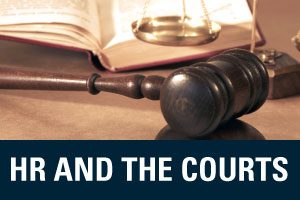
by CUPA-HR | November 8, 2022
Each month, CUPA-HR General Counsel Ira Shepard provides an overview of several labor and employment law cases and regulatory actions with implications for the higher ed workplace. Here’s the latest from Ira.
The Equal Employment Opportunity Commission (EEOC) took the rare step of publicly disavowing the views expressed by its former general counsel who was appointed during the Trump administration and replaced during the Biden administration. The EEOC stated on October 31, 2022 that its former general counsel expressed her personal views, not that of the agency, when she warned that employers providing travel assistance to employees seeking an abortion but not for other procedures might be sued by the EEOC. Nonetheless, this is a developing area of the law and counsel should be consulted on these issues.
The Supreme Court heard oral argument over the continuation of Affirmative Action in college admissions on October 31, 2022 in Students for Fair Admissions (SFFA) v. Harvard and Students for Fair Admissions (SSFA) v. University of North Carolina (UNC). The first major Supreme Court decision involving Affirmative Action in college admissions occurred in 1978 in University of California v. Bakke. In Bakke, a divided Supreme Court approved the University of California’s Affirmative Action plan with four justices ruling in favor of the plan and four justices ruling that the Affirmative Action plan violated the constitution. The remaining solo opinion of Justice Lewis Powell coupled with the four votes in favor of Affirmative Action became the precedent. Justice Powell concluded that a race-conscious admissions program could theoretically satisfy constitutional strict scrutiny by being narrowly tailored to promote a diverse student body.
In 2003, a majority of the Supreme Court endorsed Justice Powell’s solo opinion in Grutter v. Bollinger when Justice Sandra Day O’Connor added in the majority opinion that the Court expects that such policies will no longer be necessary in 25 years.
The Supreme Court set aside two hours to hear oral argument in two lawsuits brought by the SFFA, an anti-Affirmative Action group, against Harvard University and the University of North Carolina. The SFFA wants the Supreme Court to overturn Justice Powell’s solo opinion in the Bakke case and end consideration of race in college admissions. The group argues among other things that current Affirmative Actions policies routinely discriminate against Asian Americans who do not receive racial preferences. Both colleges deny that Affirmative Action policies discriminate against Asian Americans.
To complicate matters further, both cases were coupled for oral argument, but were uncoupled and heard separately because Justice Ketanji Brown Jackson recused herself for the Harvard case because of past work on Harvard’s Board of Overseers.
The Supreme Court will also reconsider this term its 60-year-old decision in San Diego Building Trades v. Garmon (commonly referred to as the Garmon Preemption Doctrine), in a case in which an employer is seeking to sue a teamsters local union alleging common law state claims of intentional destruction of property during a labor dispute and commencement of a strike (Glacier Northwest Inc. v. International Brotherhood of Teamsters, Local 174 (US No. 21-1449)). The Supreme Court ruled in the Garmon case that the federal National Labor Relations Act (NLRA) preempts and therefore prohibits all state court lawsuits against unions, concluding that an employer’s sole remedy is subject to the provisions of the NLRA, and that sole remedy for relief is up to the National Labor Relations Board (NLRB).
In the case at hand, the Washington State Supreme Court dismissed an employer’s common law lawsuit against Teamster Local Union No. 174 for intentional destruction of property holding that under Garmon preemption the employer’s sole remedy is before the NLRB, which does not grant property damages to employers so harmed. The employer in the case alleged that its teamster union drivers returned the employers ready mix concrete trucks fully loaded with concrete to the yard prior to leaving on strike with the concrete in the trucks ready to harden and therefore destroyed the trucks. The teamsters claimed that they left the trucks running so that they could be unloaded safely.
Some commentators conclude that if the Supreme Court alters Garmon broadly and allows such lawsuits to proceed, it could trigger a new and effective employer weapon in holding union’s liable for economic consequences of strikes and other actions taken during labor disputes. Those commentators also point out that if the Supreme Court broadly limits preemption, it could lead to conservative-leaning states to enact legislation restricting union conduct during strikes.
California’s recent enactment of paid leave protections requiring employers to provide employees with paid leave to care for individuals who are not legal relatives joins the growing list of states regulating this area of employee benefits. So far, 11 states and the District of Columbia have enacted paid leave programs. Five of those states (Colorado, Connecticut, New Jersey, Oregon and Washington) allow employees to use those benefits to take care of non-relatives designated as “akin to family.”
Nationwide, this is leading to a unique patchwork of requirements depending on where the employee is employed. Research should be conducted in your local jurisdiction to guide your institution on the breadth and application of possible city and/or state requirements. In addition, remote work in another state may also alter which state’s laws applies.
The U.S. Court of Appeals for the 4th Circuit (covering Maryland, Virginia, West Virginia, North Carolina and South Carolina) will address whether Maryland state sovereign immunity applies to Morgan State University and Maryland State University in a case involving federal whistleblower wrongful discharge claims by the university’s former director of broadcast operations (Williams v. Morgan State University (4th Cir., Case no 21-01918, 10/13/22)).
The plaintiff complained that the university mishandled a debate between Baltimore mayoral candidates and that she was ultimately discharged because she claimed that the mishandling may have violated the Federal Hatch Act and Federal Communications Commission regulations. The federal trial court dismissed the plaintiff’s federal claims, holding that while Maryland had waived sovereign immunity with respect to state tort claims, it did not do so regarding federal claims. The Court of Appeals has taken the unusual position of asking the Maryland State Court of Appeals whether the state has waived sovereign immunity with regard to federal tort claims.
The plaintiff also added a federal whistleblower claim that the university’s dean and other professors were intentionally inflating expense numbers to federal and state agencies to “pad the university’s funding.”
In-person voting at employer premises in NLRB-supervised union elections is returning as the primary method of voting as the NLRB modifies the rules that it enacted during the onset of the COVID-19 pandemic, which lead to a great increase in mail-in voting. Nearly 75 percent of the 3,185 NLRB-supervised elections, which were conducted since the start of 2020 during the pandemic, were conducted by mail according to Bloomberg BNA. Unions prevailed in 76 percent of the mail-in elections as opposed to prevailing in 68 percent of the in-person elections. Employers generally prefer in-person manual elections because of the NLRB rules, which ensure secrecy, avoid electioneering around voting areas and arguably prevent voter fraud coercion.
Employer groups argue that there is greater turn out during in-person manual voting. Unions claim that employers have an unfair advantage at in-person, manual voting because the election takes place on the employer’s “home turf.”